Lyrique Étude N°1
Unless your idea of wild night out is casually browsing GPHG nominees with a negroni in hand (don’t worry, you’re in good company), you probably won’t have heard of Lyrique. They started last year and have made 70 watches in total, so don’t feel bad. Lyrique is really less a brand at this point and more a collaborative effort, a company with 51 ‘founders’. Yes. There are almost as many founders for this brand as they’ve made watches. How? Lyrique is the name of a group who sought to source Swiss-made components around a more-reasonable value, apply a certain design eye toward the art deco, and make something beautiful. It’s kind of like coachbuilding, if coachbuilt cars were made for 70 somewhat wealthy owners instead of 1 very wealthy owner.

The Lyrique is ultimately a watch borne of 21st-century collaboration, constructed by a few well-known Swiss names to create a new aesthetic. The case is Voutilainen & Cattin. 39mm in steel with a half teardrop profile (it’s cut for the strap prematurely, as opposed to totally elongated spherical), it’s sort of right in the middle of modern sizing. The dial is Metalem, the same of LUC Chopard and Dufour fame. Its elongated numerals most scream art deco to me, in a lovely way. The observatorie handset is made by Fiedler. Its movement, Agenhor who you may know from Singer or Fabergé. Are you getting it yet? This like taking Kurt Cobain, Joe Strummer out of The Clash, Johnny Ramone of the Ramones, and Tommy Lee out of Motley Crue and telling them to jam together. If you’re asking why 80s punk came to mind, there is something a bit rebellious about this effort compared to how most modern independents begin.

Agenhor was also brave enough to try something new here. This AGH06801 (catchy, right? Why can’t they just call it Florence or something) has a small window in the baseplate to reveal something they call the AgenEse second wheel, which has spring-like elastic teeth that prevent gear slippage. This gives a totally seamless transmission of power from the mainspring to the seconds hand. Its inventor, Jean-Marc Wiederrecht, considers it the most important invention of his already distinguished career. The Lyrique was then cased and only ever sold as a souscription model to its first supporters, most of whom are in that list of founders, originally listed under 10K CHF. But like most great things, they’re now spoken for.
The Lyrique is creation from cohesion, a watch which proves that creativity needn’t be a solo mission. Despite the fact that the balance bridge here is gorgeous floating island with anglage on each side, no man is an island. Is the eponymous founder really necessary in independent watchmaking? Or perhaps focus groups are best left to Apple? That’s the question this piece raises. I leave it to you for an answer.
This example is said to be unworn and looks it. There’s really little to note here. It comes from a well-regarded Californian retailer.


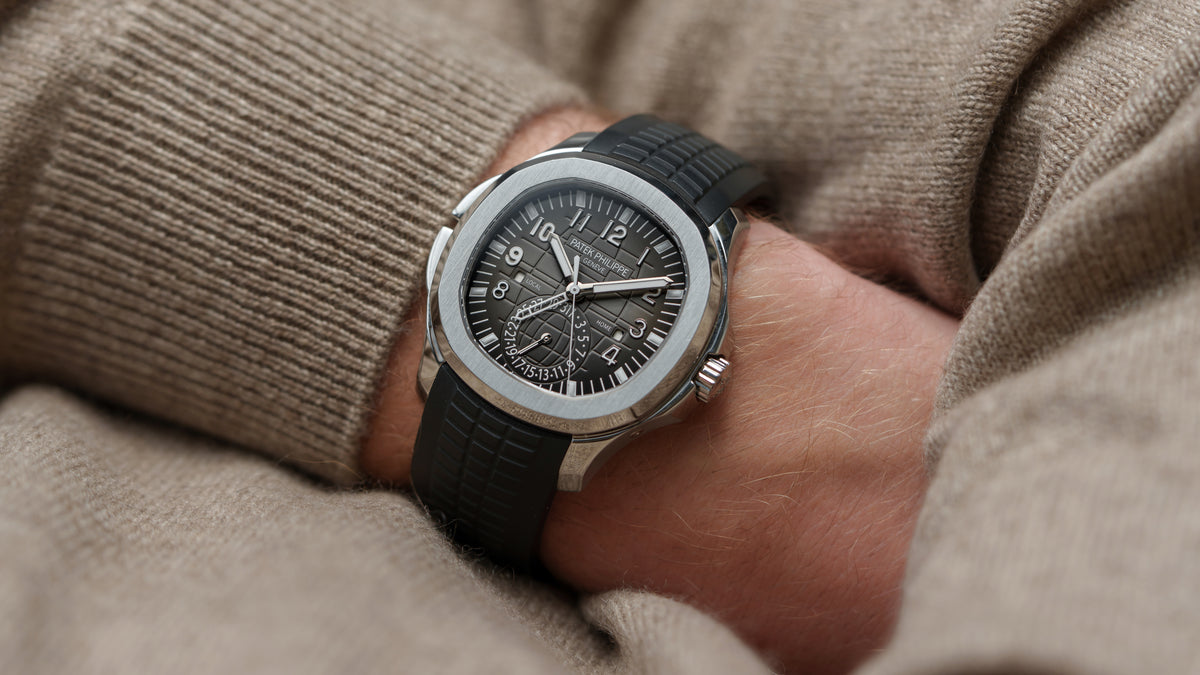

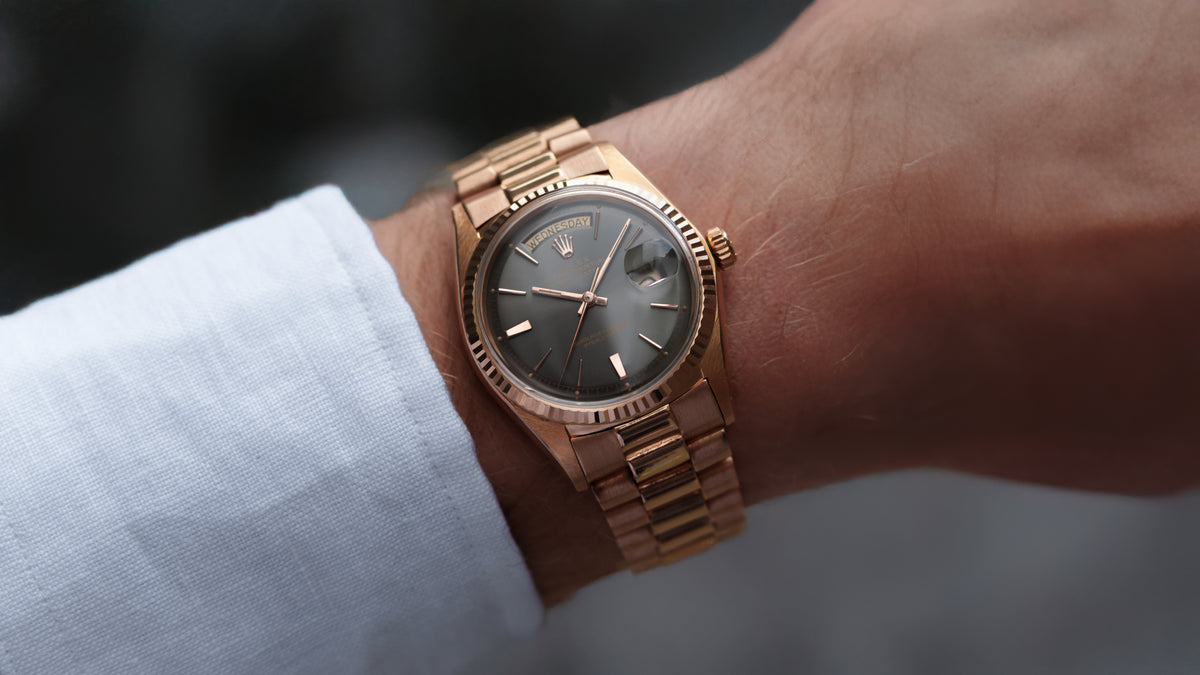
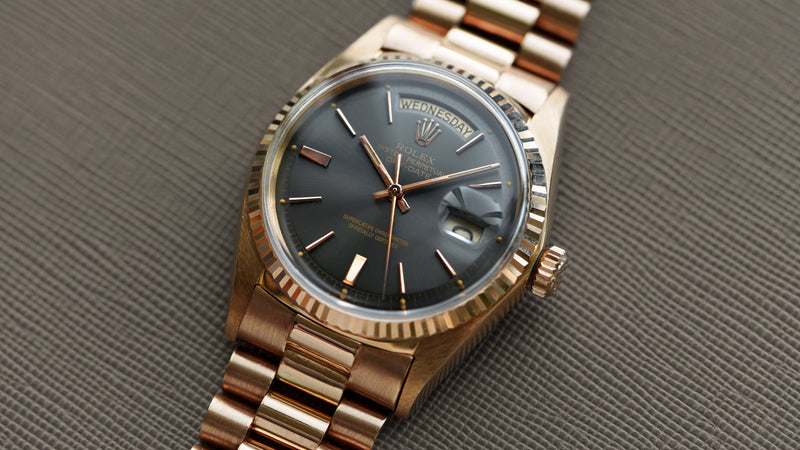
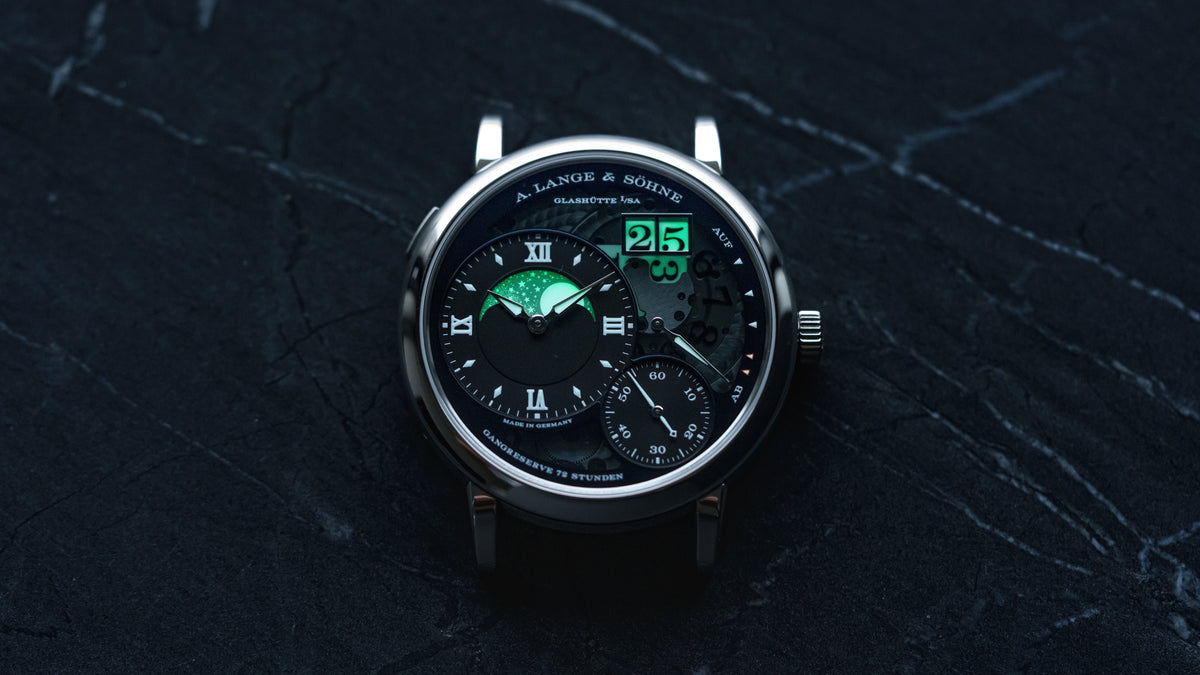
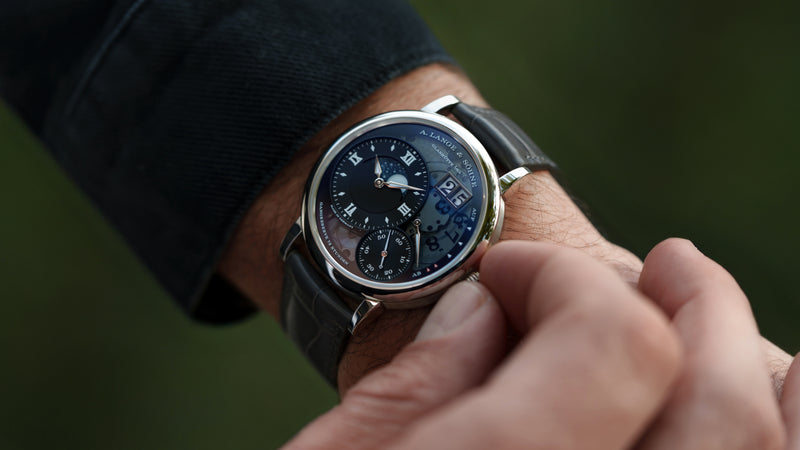
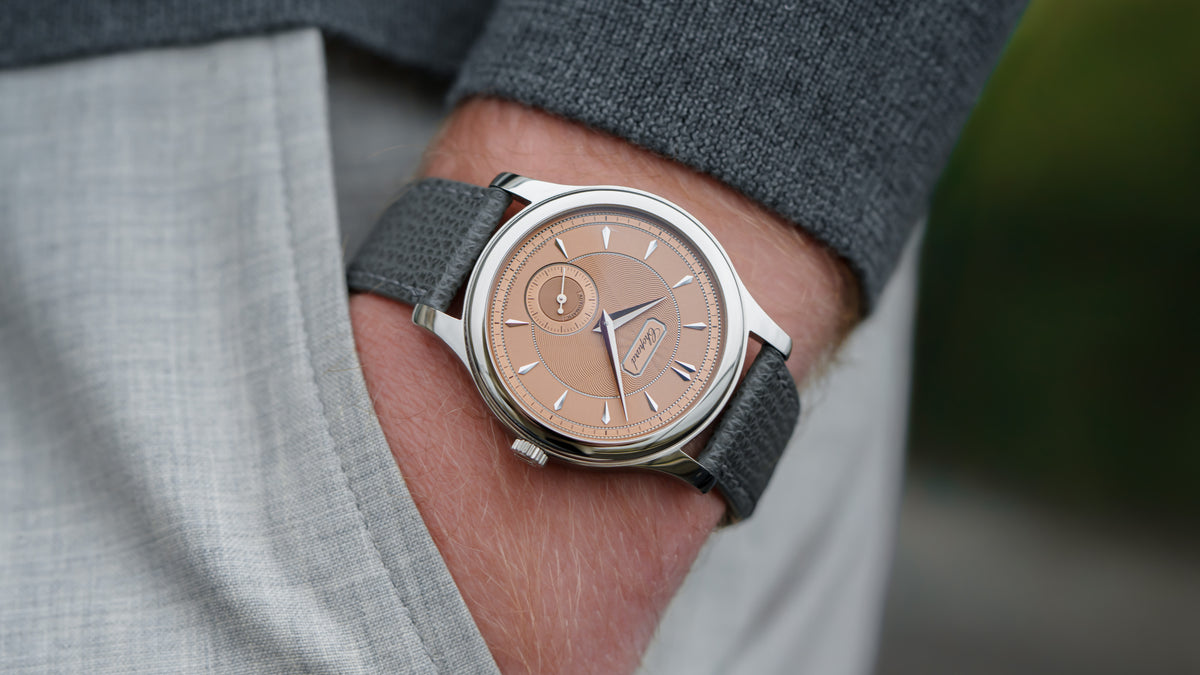
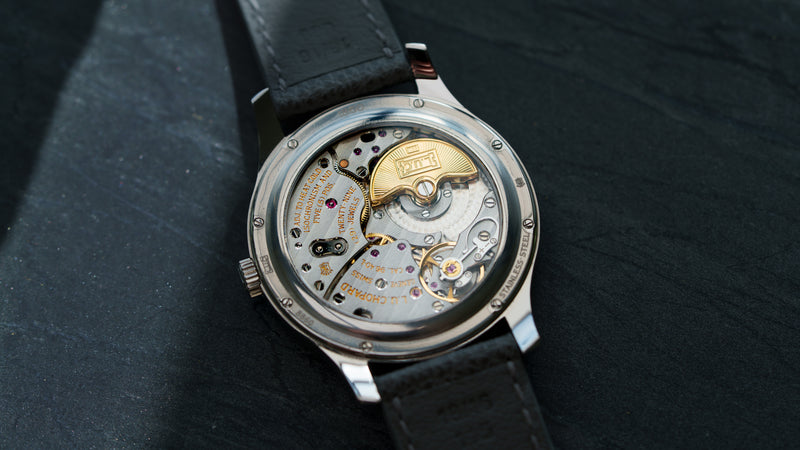
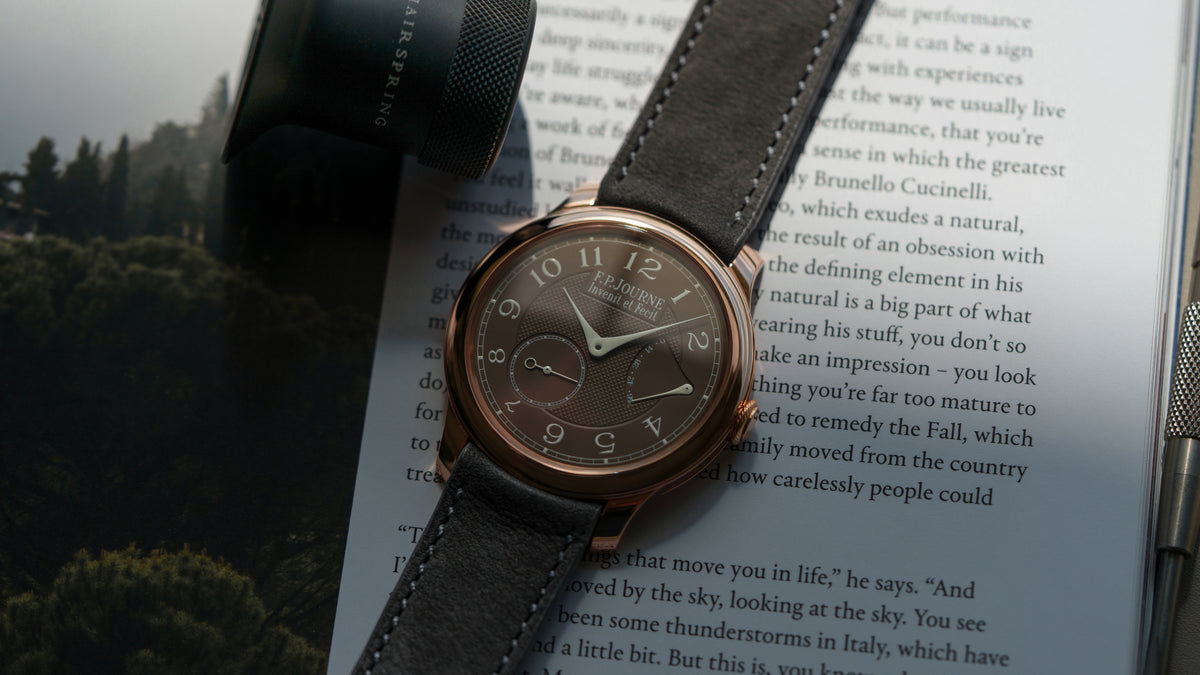
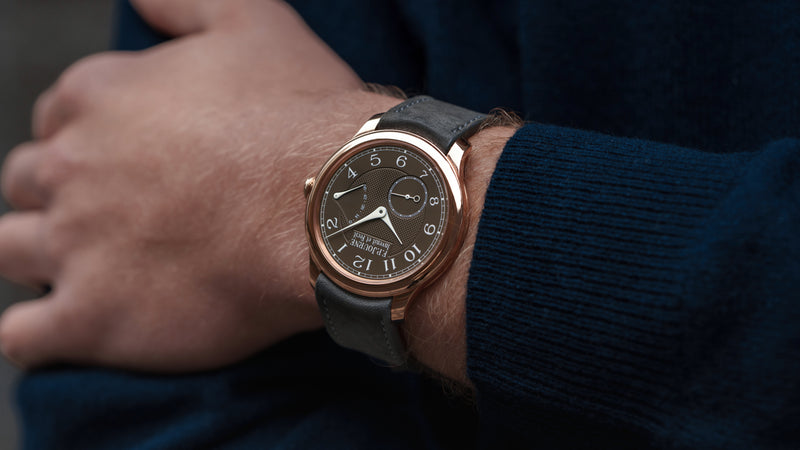
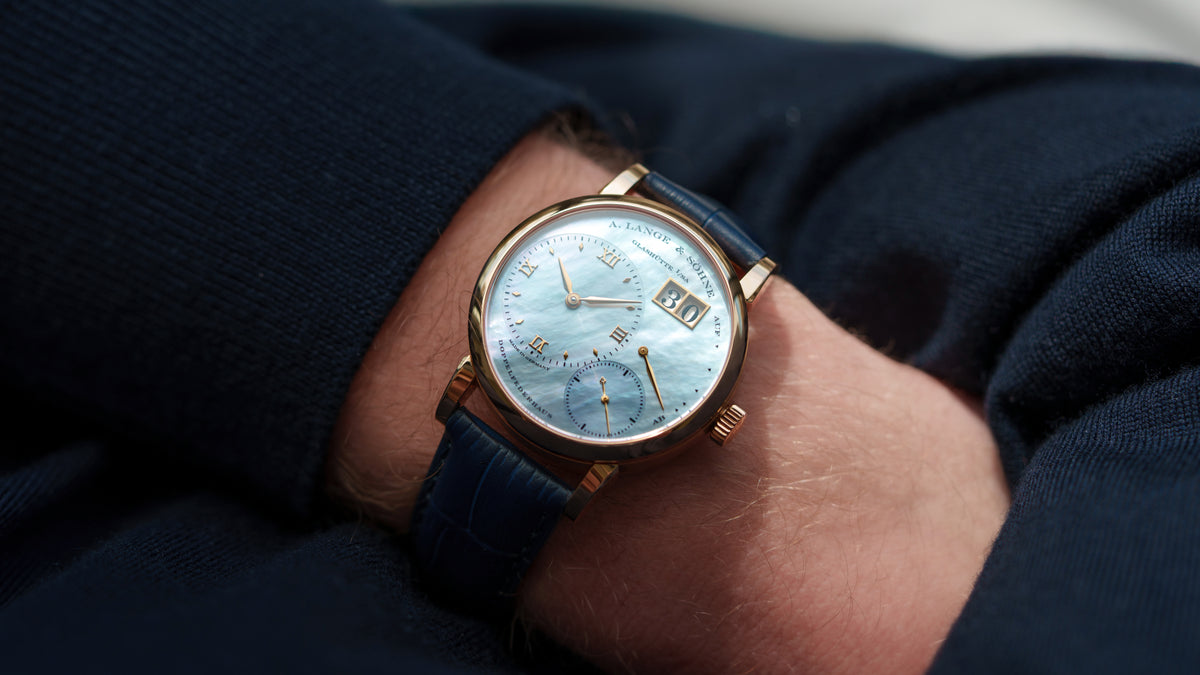
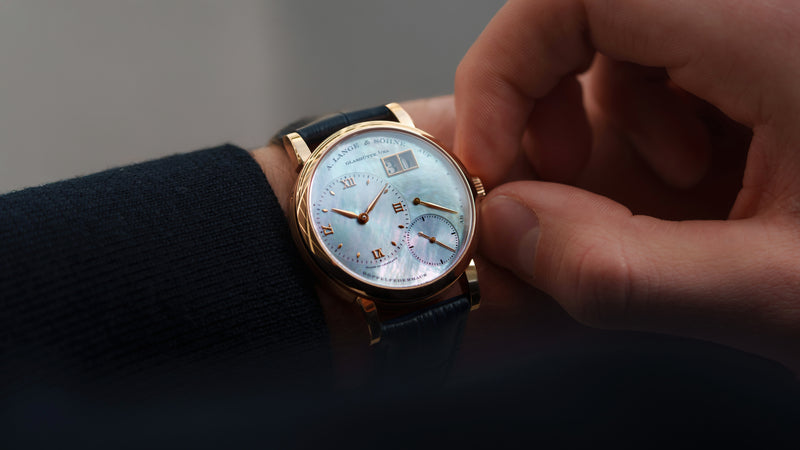


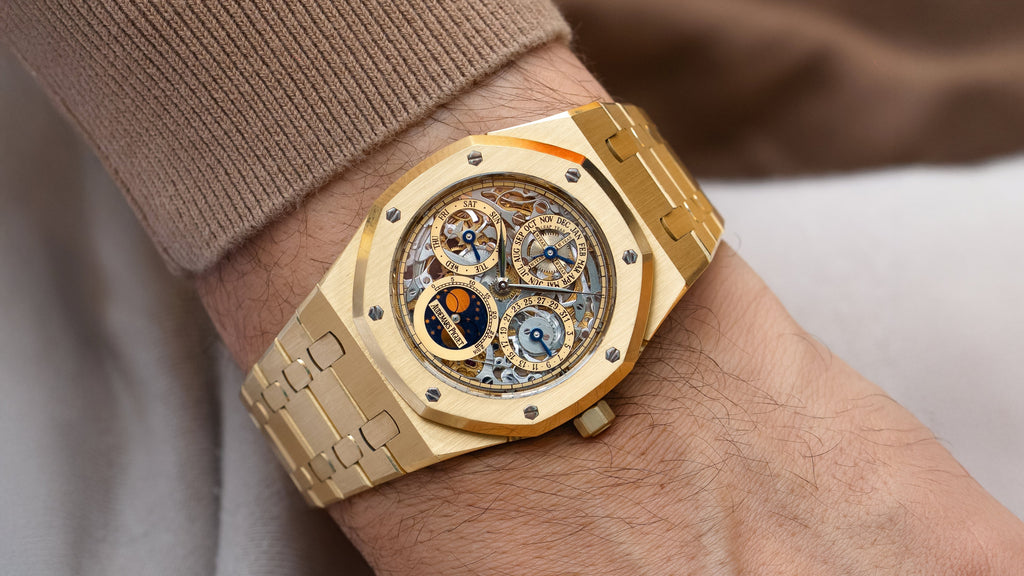
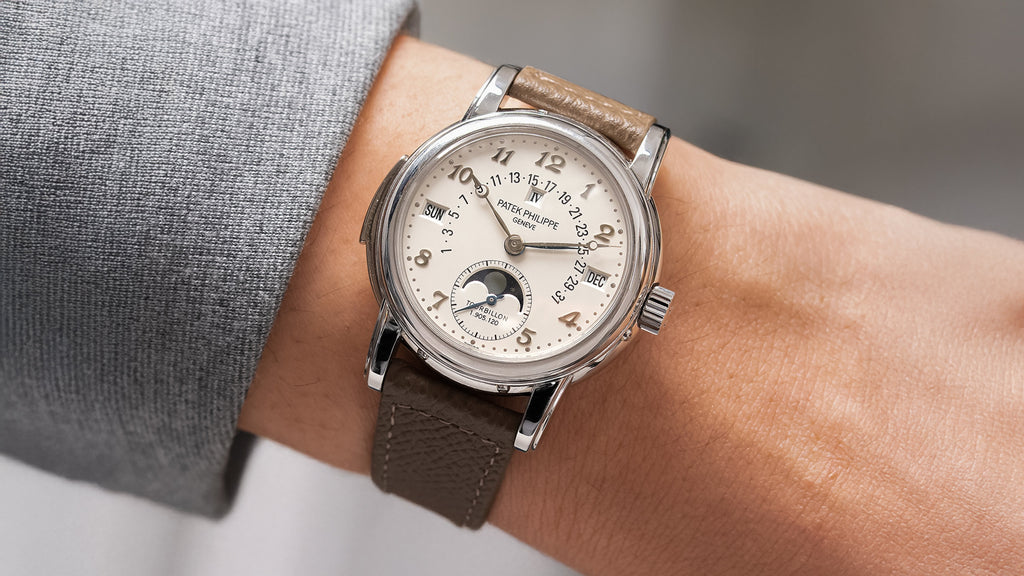
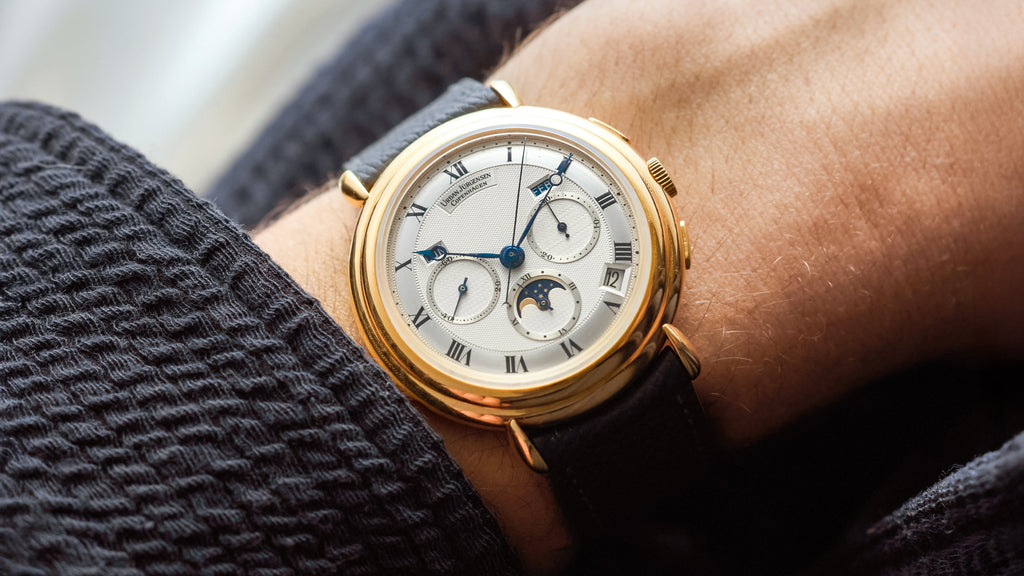
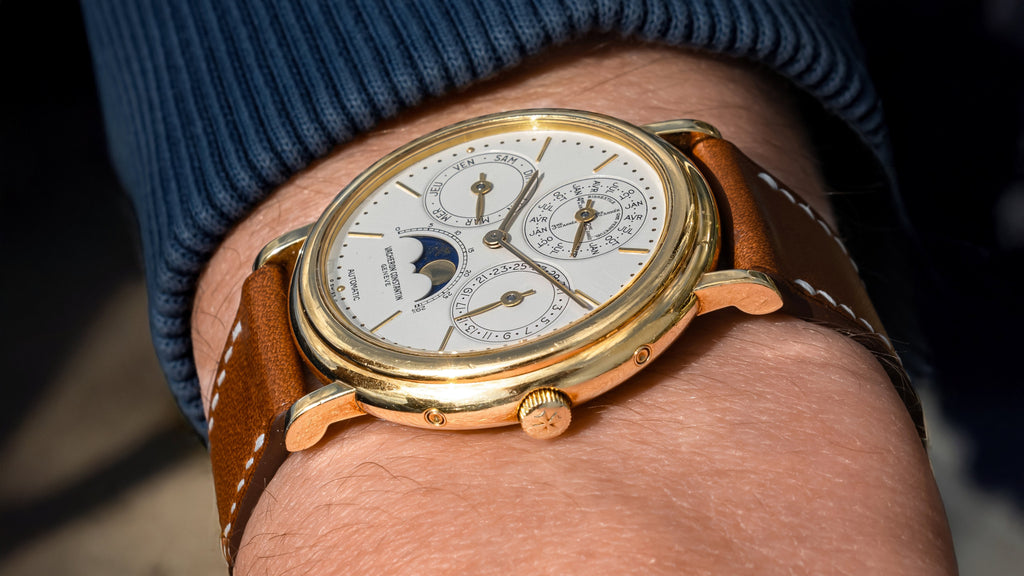
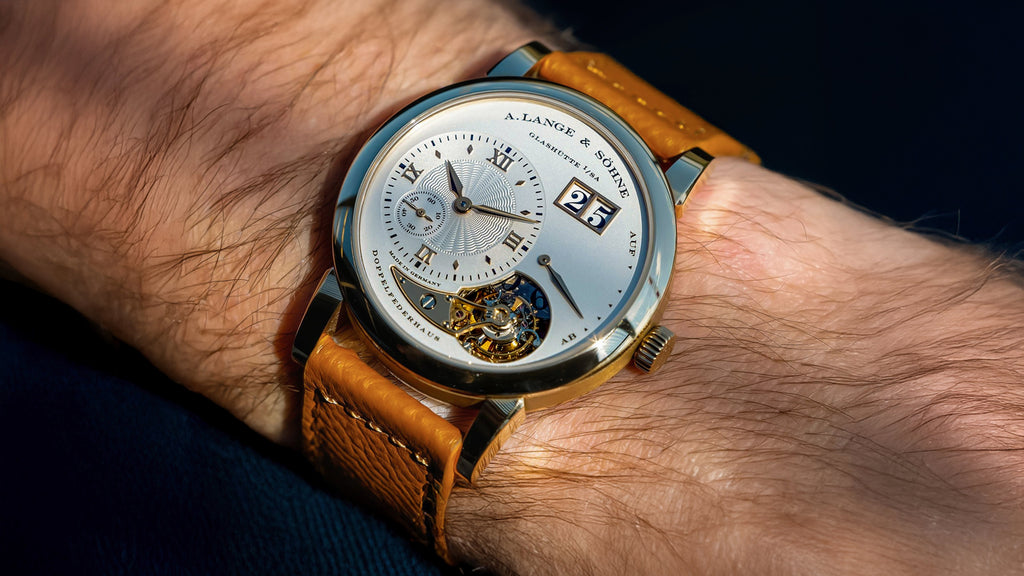
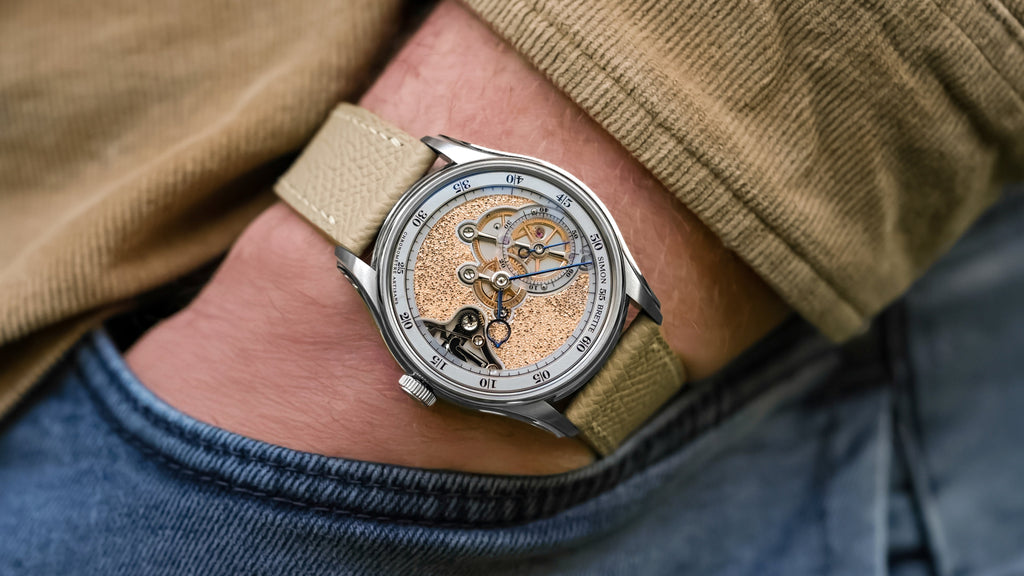

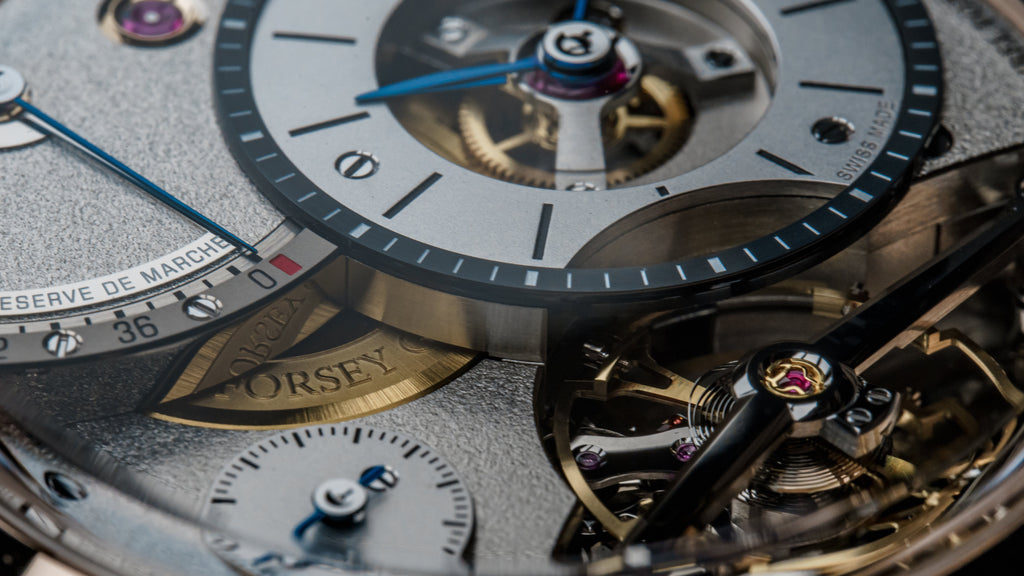
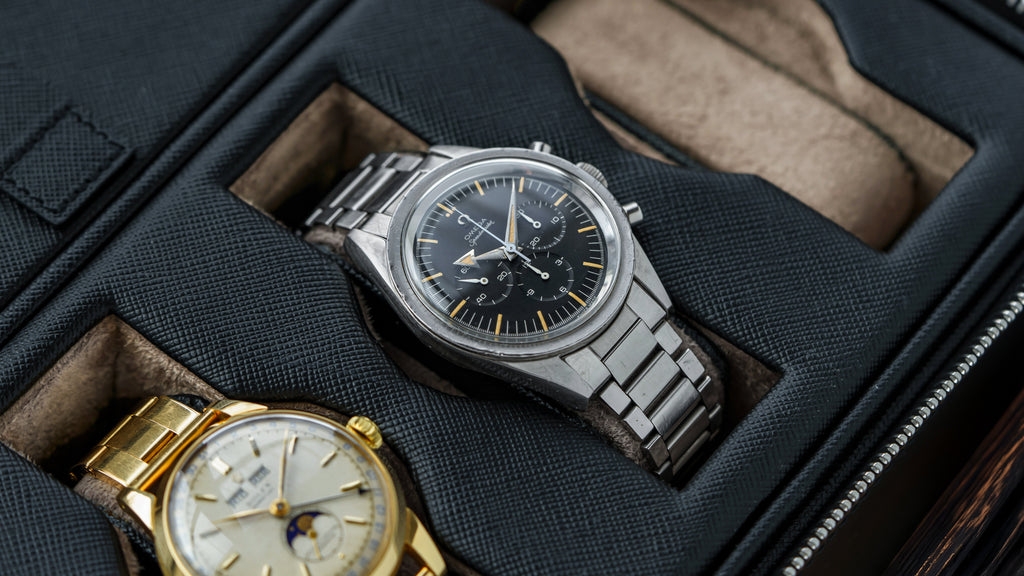
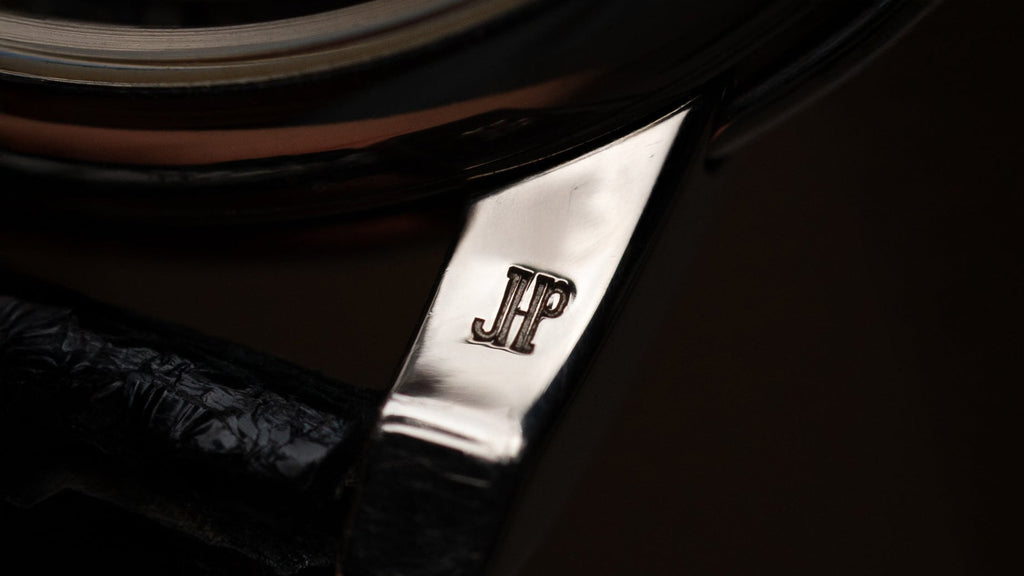
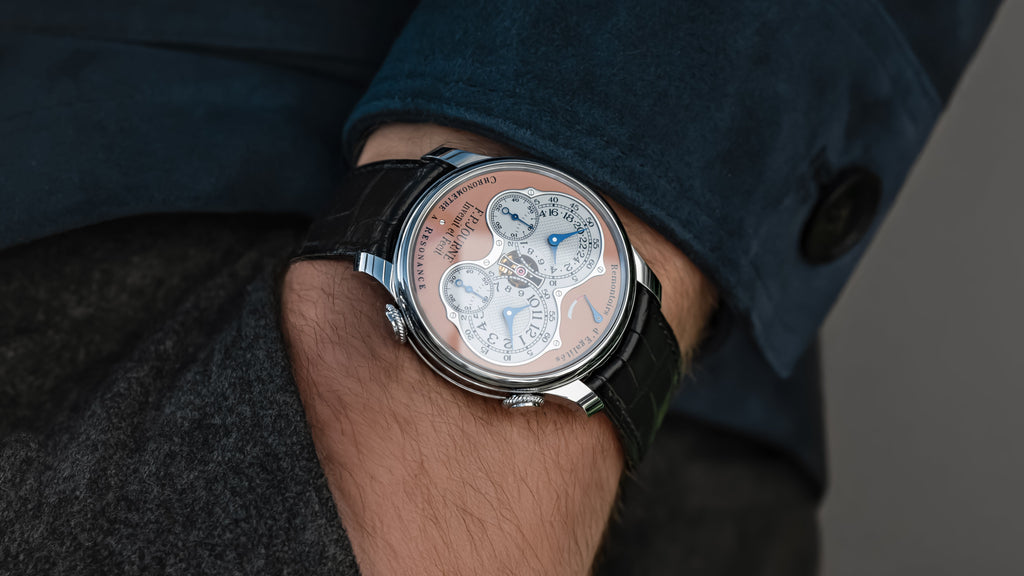
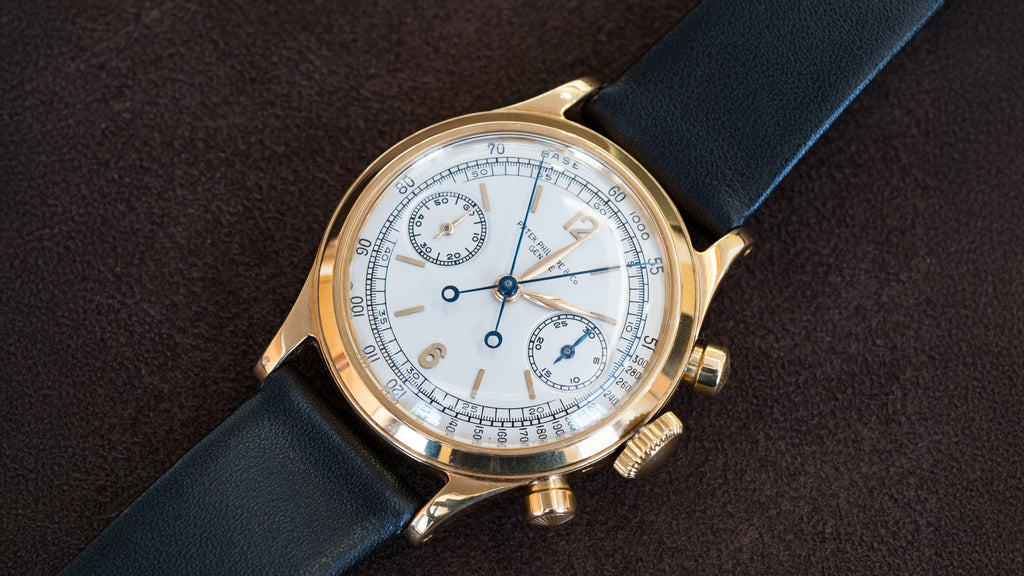


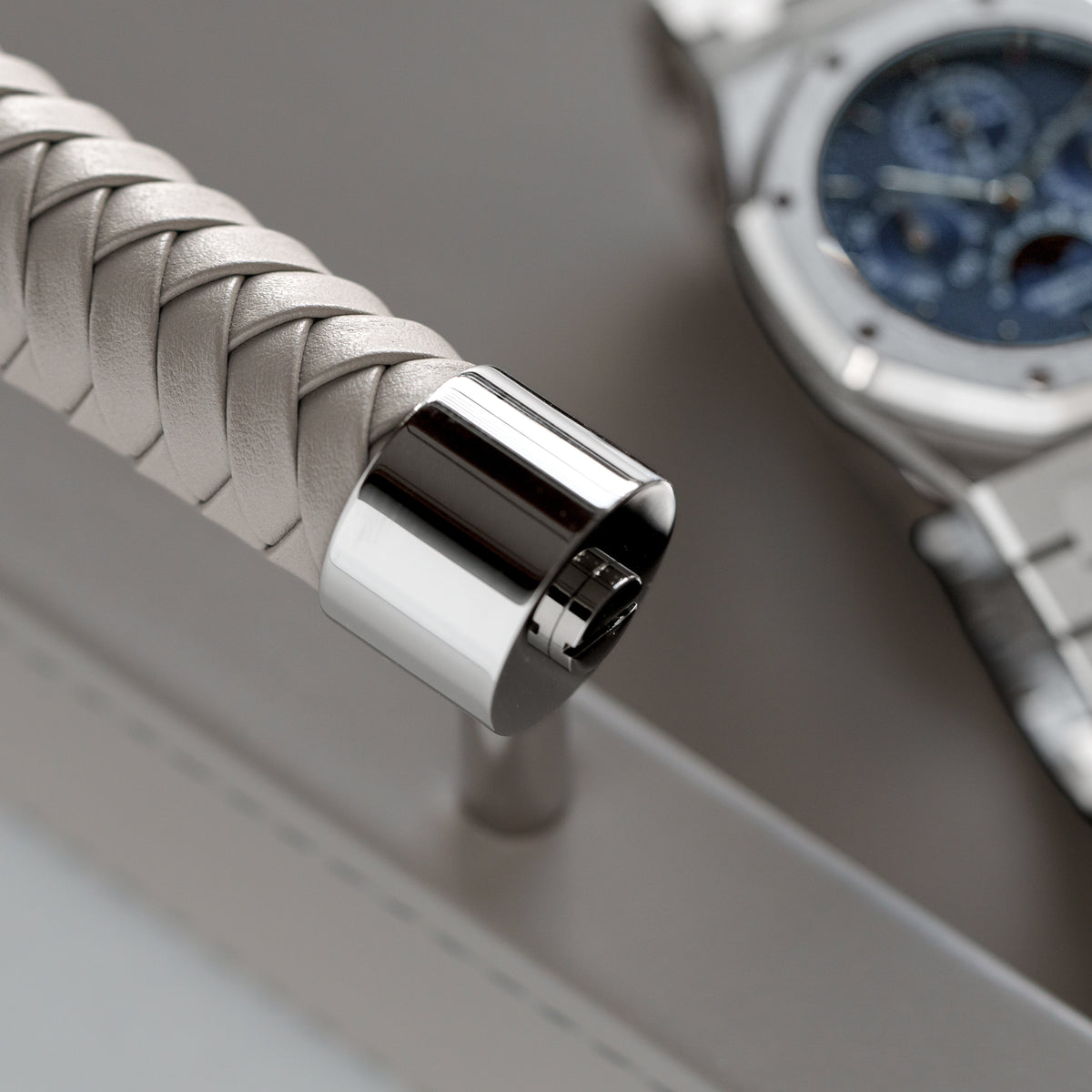
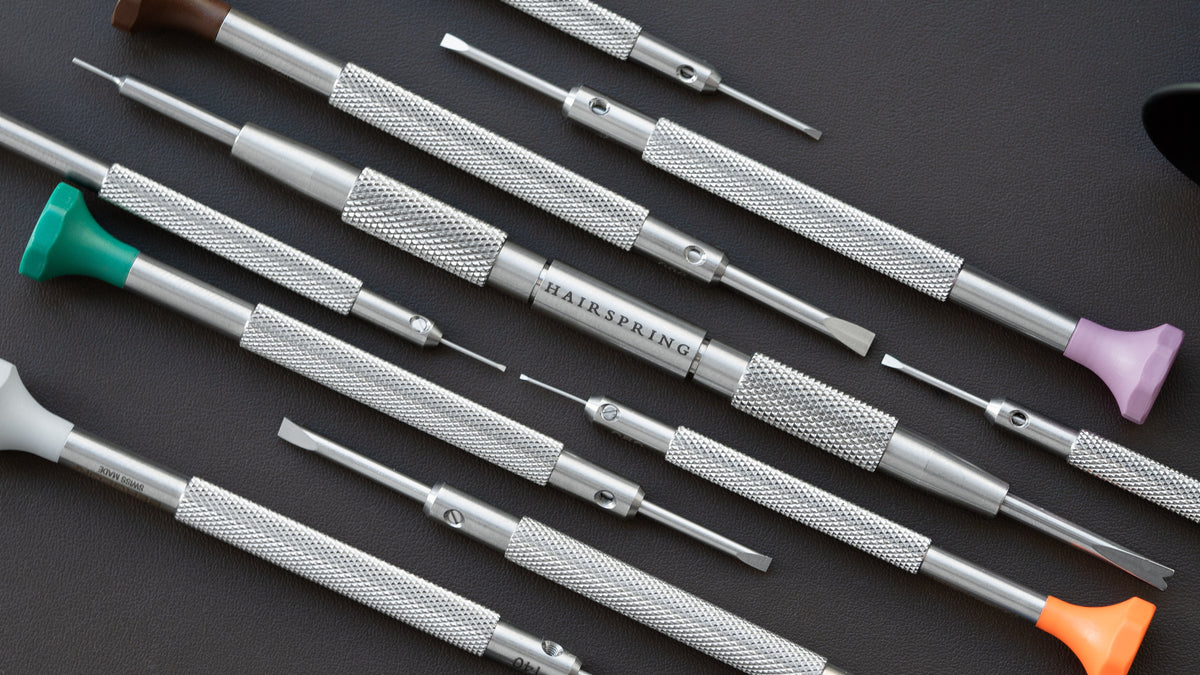
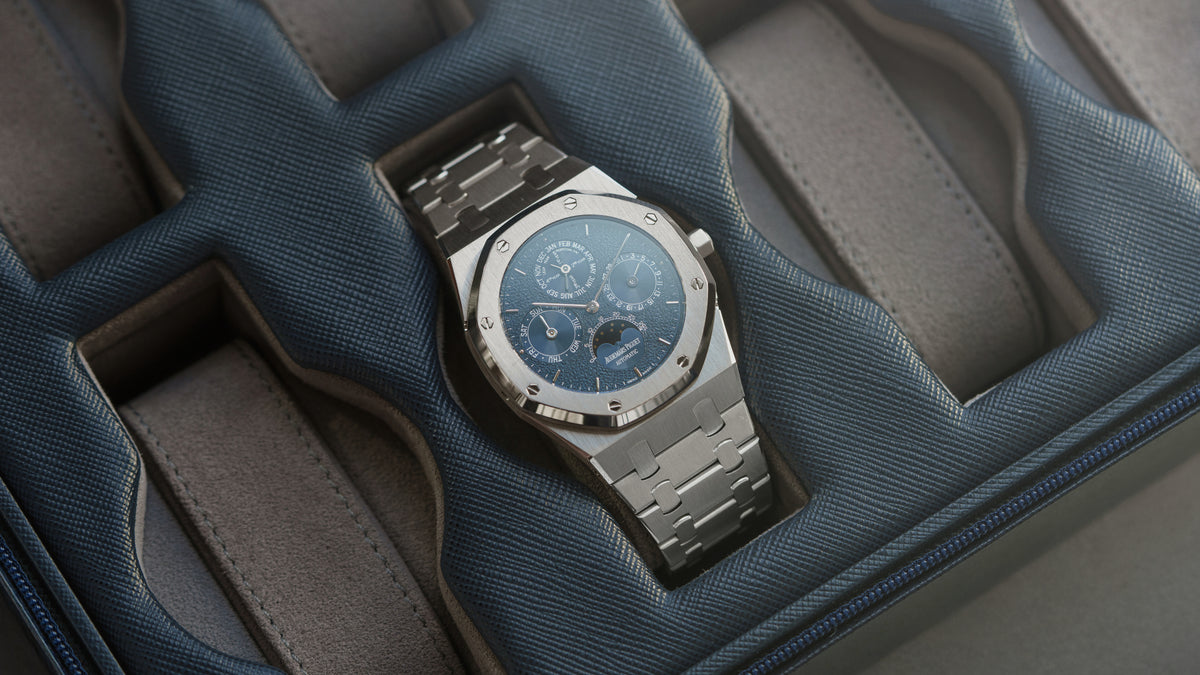
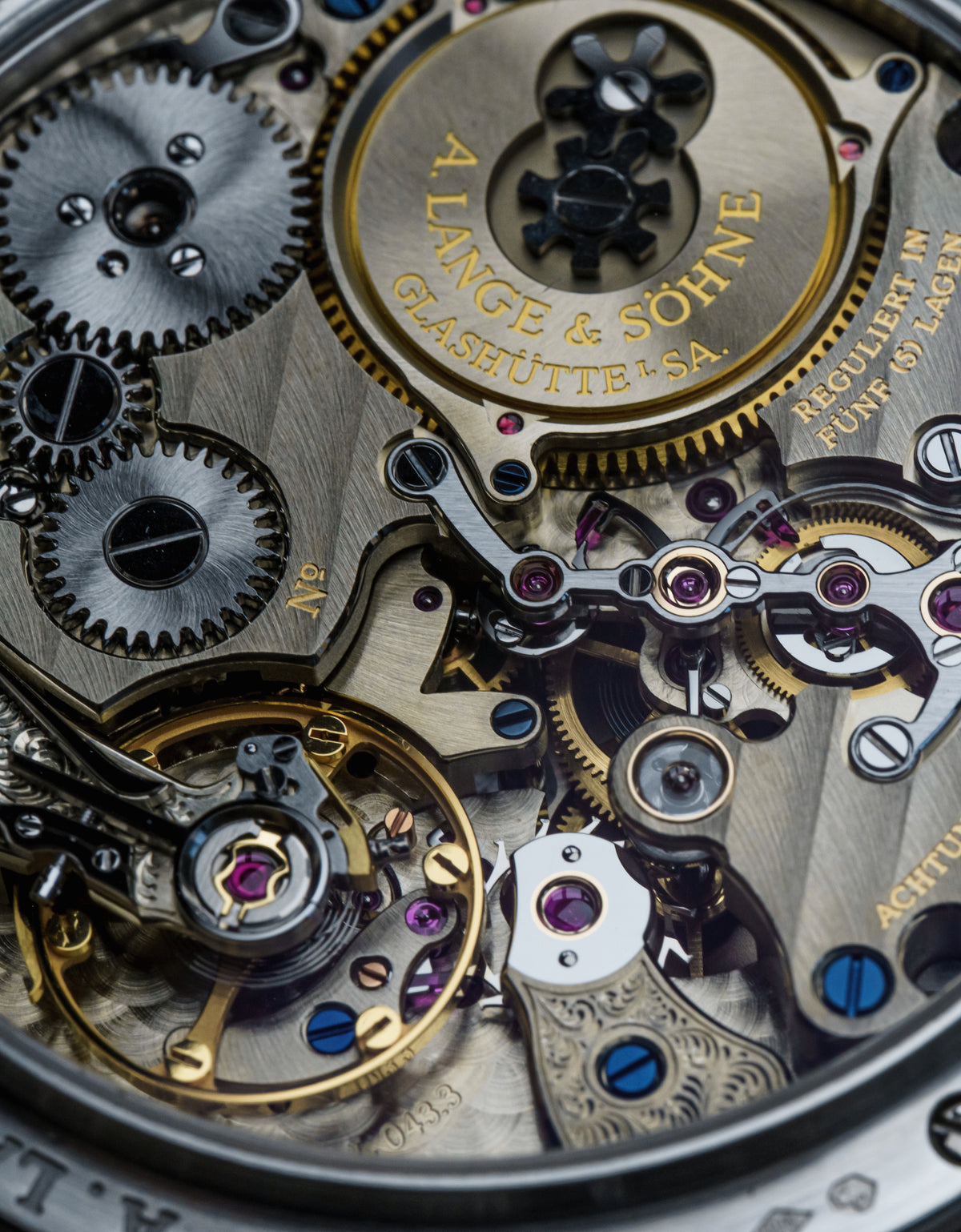
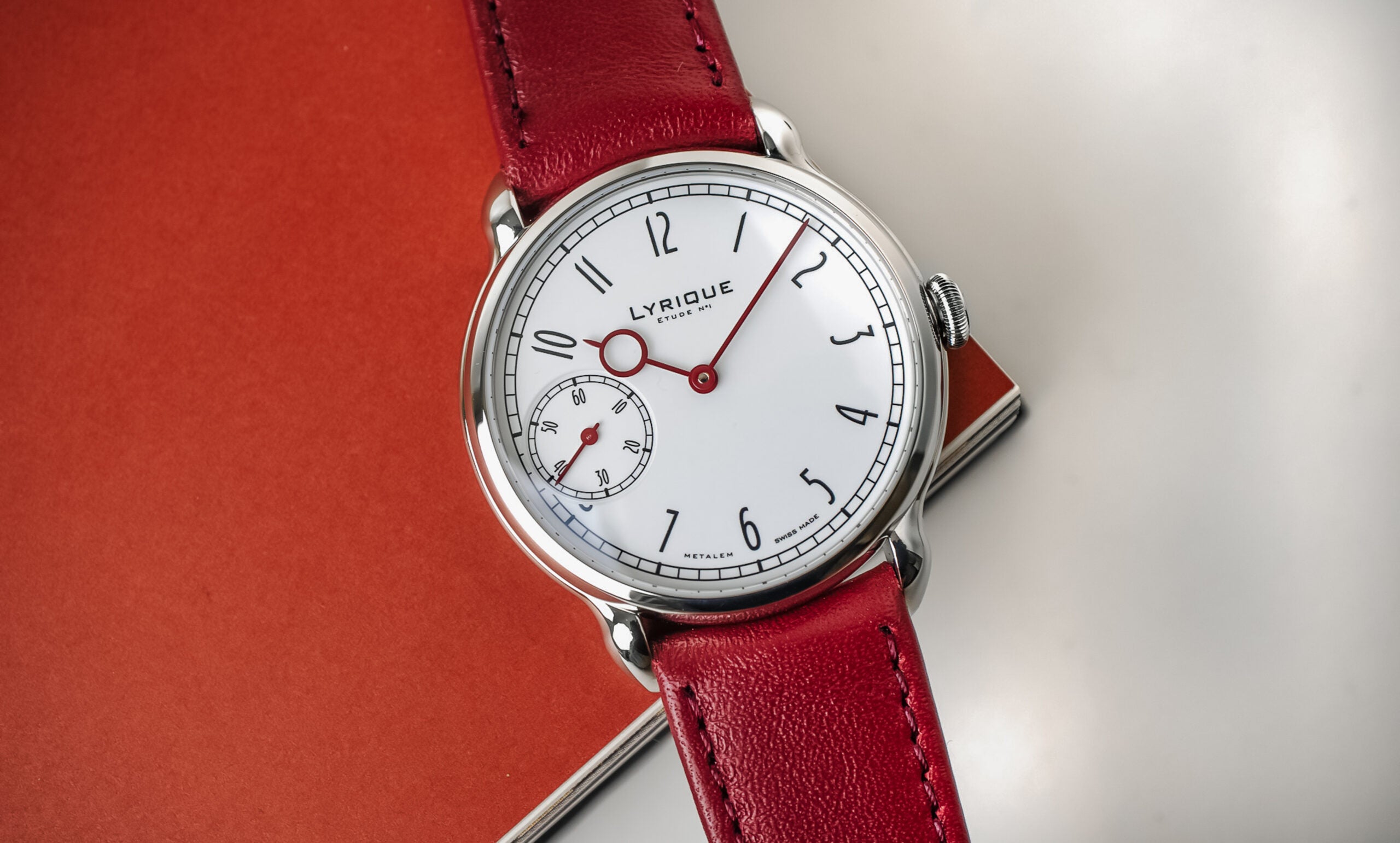



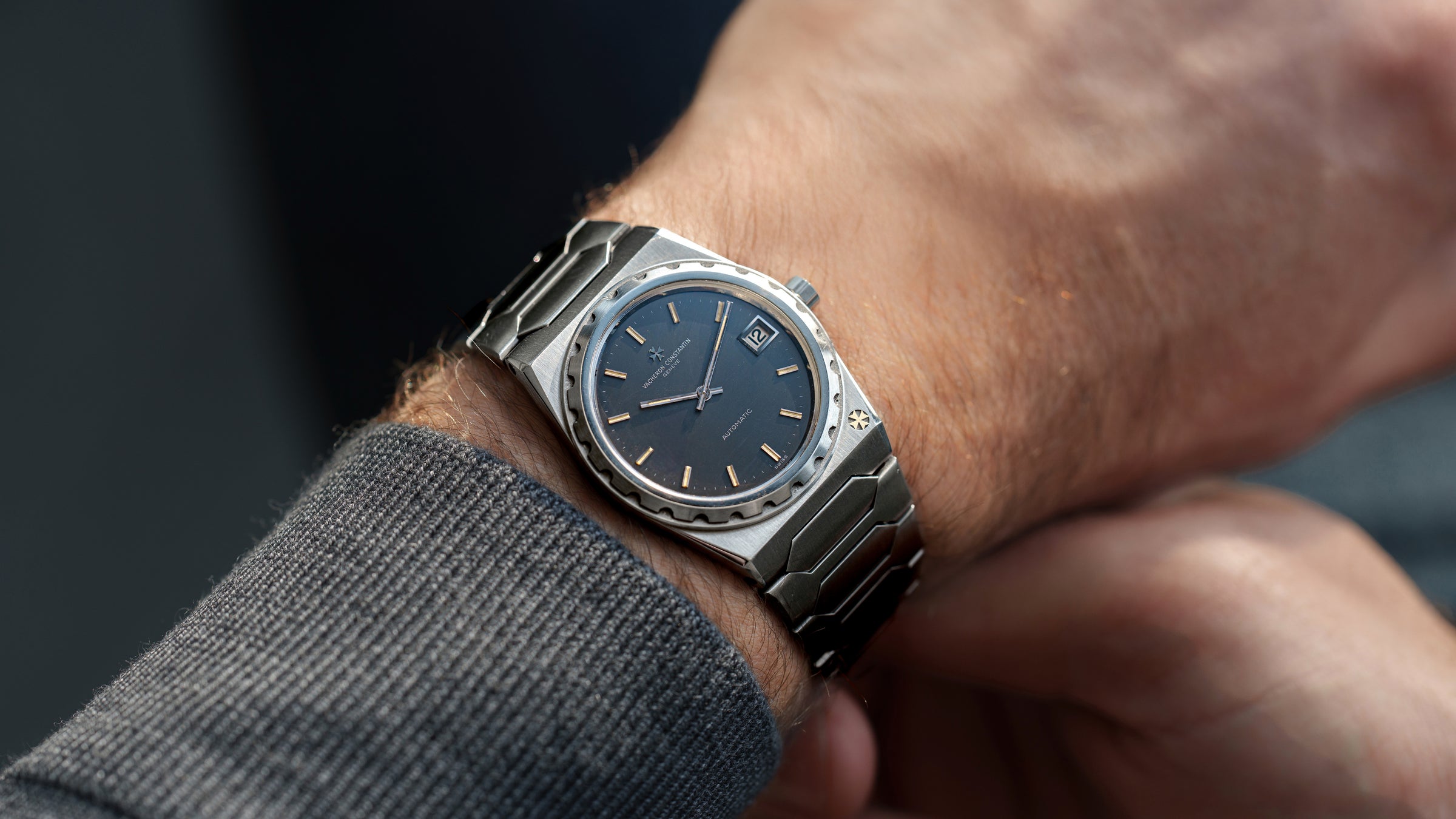
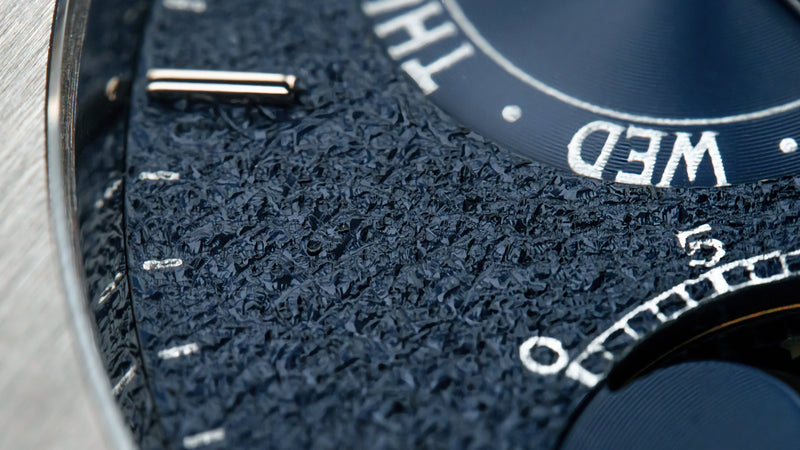

0 comments
Write a Comment